Treatment is not commensurate with the requirements of educational reform.
Sharing at the 2025 Higher Education Conference, Mr. Vu Minh Duc - Director of the Department of Teachers and Educational Managers ( Ministry of Education and Training ) said that according to statistics from the industry database, the whole country currently has nearly 86,000 full-time university lecturers, of which more than 70,000 people work at public institutions.
This team has nearly 750 professors, more than 5,900 associate professors, more than 30,000 PhDs and nearly 50,000 masters. In recent years, the number of lecturers has increased rapidly, the quality has been gradually improved, and partly integrated with international standards.
However, compared to the requirements of innovation in higher education and the trend of globalization, this situation is still limited. The teaching staff has not really met the development requirements in both teaching and scientific research. The current remuneration regime is not attractive enough to retain talented people or attract prestigious scientists at home and abroad.
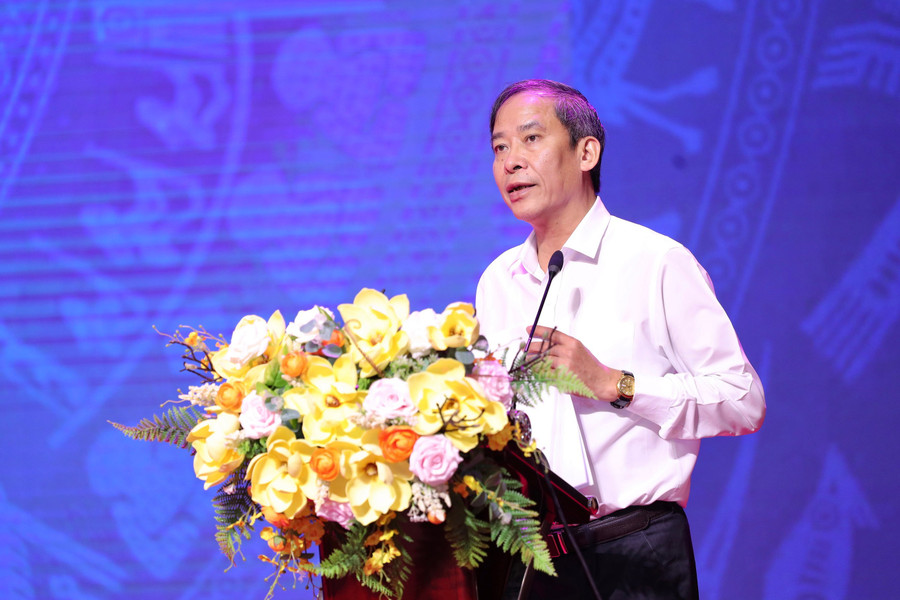
Many policies have been implemented, but their effectiveness is not high.
According to Mr. Duc, in recent times, the State has issued many important policies to develop the teaching staff: standardizing qualifications, regulating working regimes, expanding doctoral training, encouraging scientific research, improving salaries, income and working environment. However, in reality, these policies still reveal many shortcomings.
The working regime stipulated in Circular 20/2020/TT-BGDDT is open, giving autonomy to higher education institutions, but still has limitations in converting standard hours. This makes scientific research activities not encouraged, making it difficult to retain good lecturers.
Current salary and allowance policies apply to civil servants in public service units according to Decree 204/2004/ND-CP, with coefficients from 2.34 to 8.0 depending on rank.
In addition, lecturers are entitled to a 25-45% professional allowance depending on the subject, along with a seniority allowance of 5% or more after 5 years of work. However, this income level is still not commensurate with the workload and professional requirements.
The training and professional development policy has also implemented many projects such as 322, 599, 911 and recently 89 to support lecturers to study for master's and doctoral degrees at home and abroad. Some schools also support tuition fees, living expenses and participation in scientific conferences. However, the rate of lecturers participating in training is still very low, the reason is that the level of support is not enough, many higher education institutions do not pay due attention.
The scientific research policy initially affirmed that research is a compulsory task, and at the same time opened many funds and funding programs from the grassroots to the national level. Some schools have reward mechanisms for lecturers with international publications and support for attending conferences. However, the major difficulties still lie in the lack of financial resources, limited research funding and complicated procedures.
Working conditions for lecturers have improved as many schools invest in laboratories, research labs, and support public housing, especially for young lecturers. However, the promotion and appointment mechanism is still cumbersome, inflexible, and not closely linked to quality, making it difficult to create long-term motivation.
Talent attraction policies have been implemented by a number of schools and localities, such as initial subsidies, housing support, research conditions or special admission for leading scientists and people with high academic degrees. However, this policy is generally not competitive enough internationally, making it difficult for Vietnam to attract and retain good experts.
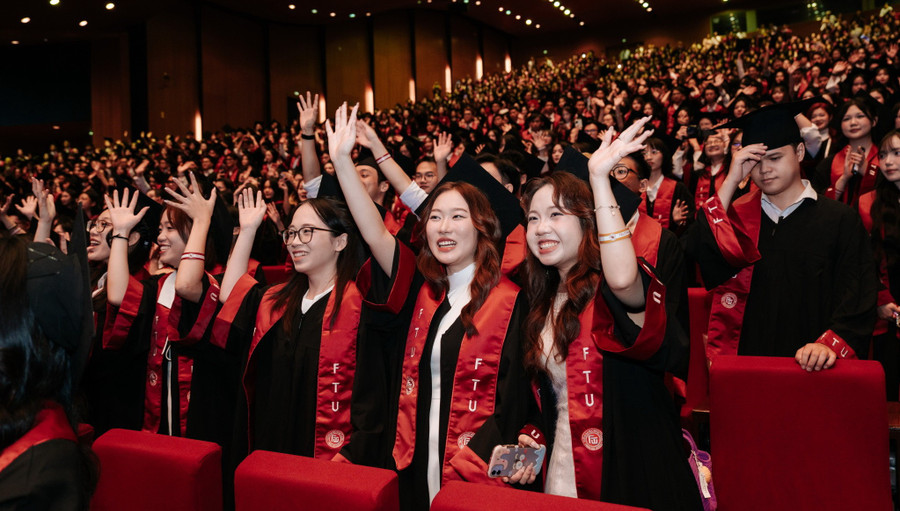
Policy innovation to create breakthroughs
Mr. Vu Minh Duc emphasized that in order to meet the development requirements in the context of integration and digital transformation, policies for university lecturers need to continue to be strongly innovated. First of all, it is necessary to overcome shortcomings in working regime, salary, and benefits, while creating favorable conditions for lecturers to develop their careers.
On the one hand, it is necessary to increase investment and support for postgraduate training, expand research opportunities, create a fund for substantial science and technology development, and reduce administrative procedures. On the other hand, policies must encourage the attraction of domestic and foreign talents with flexible remuneration mechanisms, commensurate with capacity and contribution.
“Retaining and attracting talent is the key factor determining the quality of Vietnamese higher education. Only when lecturers are treated fairly and have a favorable working environment, will they truly devote themselves to teaching and research, thereby contributing to improving the quality and position of our country’s higher education,” Mr. Duc emphasized.
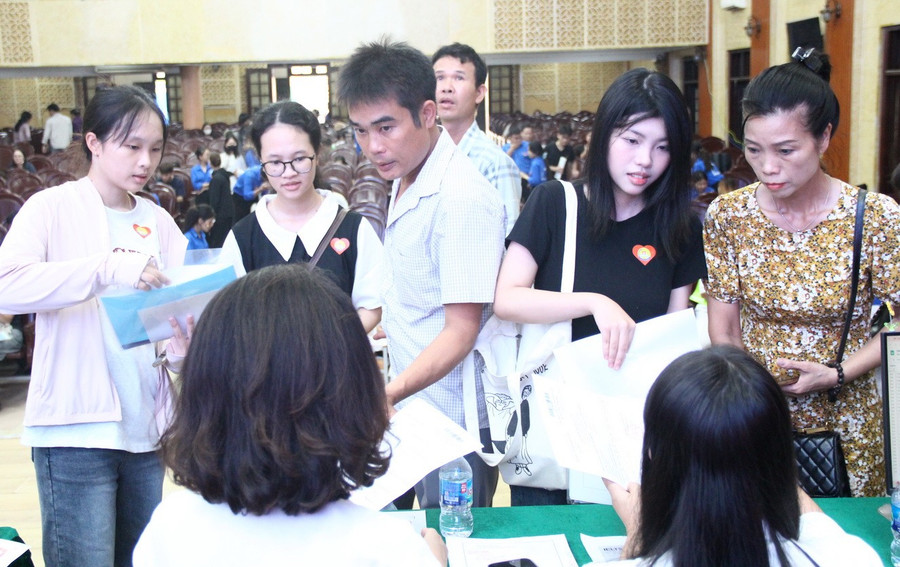
Resolution 71-NQ/TW of the Politburo emphasizes:
- 20% of total state budget expenditure is for education.
- Invest in 3-5 elite universities, following the model of international-class research universities.
- Priority: high quality teaching staff, modern facilities, international academic environment.
- Requirement: transparency and accountability in budget allocation and use.
- Encourage socialization of education, mobilize resources from businesses, scholarship funds, and the community.
- Goal: training top human resources, promoting innovation, raising the global position of Vietnamese education.
Source: https://giaoducthoidai.vn/can-doi-moi-chinh-sach-de-giu-chan-va-thu-hut-giang-vien-gioi-post749144.html




![[Photo] Da Nang: Hundreds of people join hands to clean up a vital tourist route after storm No. 13](https://vphoto.vietnam.vn/thumb/1200x675/vietnam/resource/IMAGE/2025/11/07/1762491638903_image-3-1353-jpg.webp)



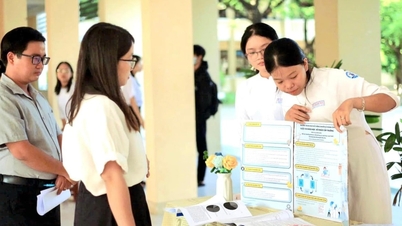

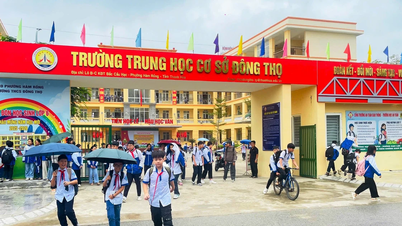
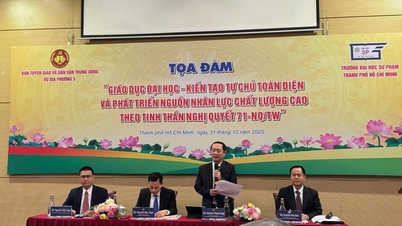

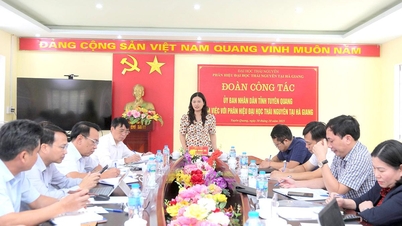

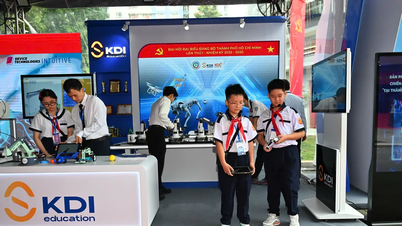




















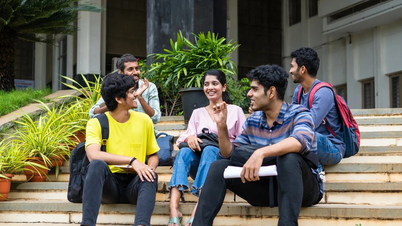


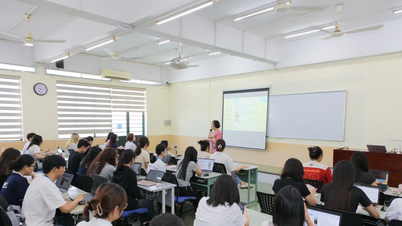


















































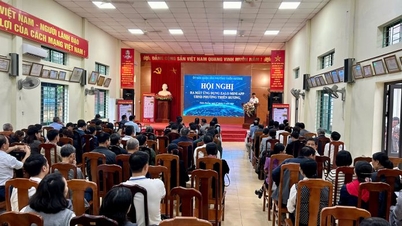

















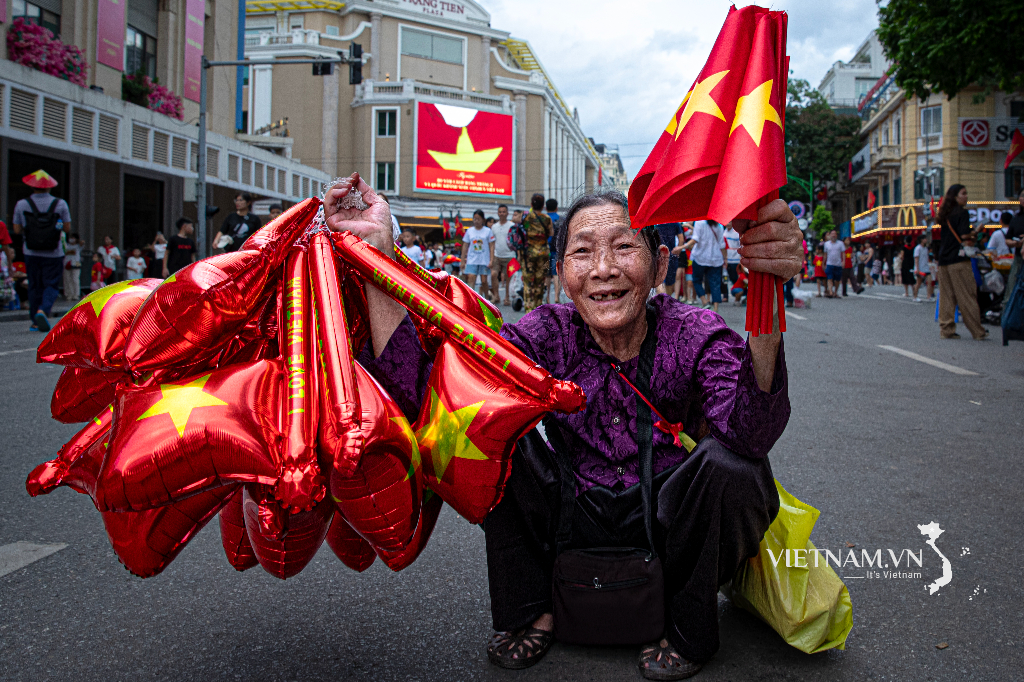



Comment (0)